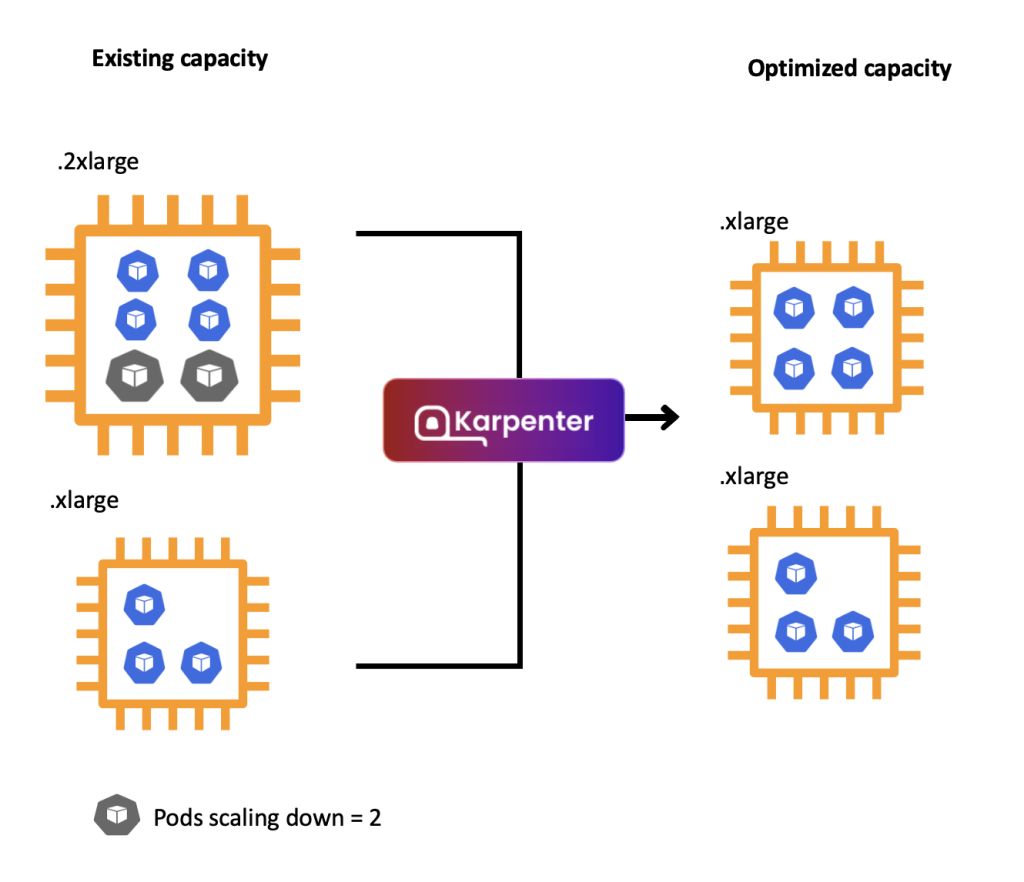AWS Compute Blog
Measuring Amazon MQ throughput using Maven 2 benchmark and AWS CDK
This post is written by Olajide Enigbokan, Senior Solutions Architect and Mohammed Atiq, Solutions Architect In this post you will learn how to evaluate the throughput for Amazon MQ, a managed message broker service for ActiveMQ, by using the ActiveMQ Classic Maven Performance test plugin. This post will provide recommendations for configuring Amazon MQ to […]
Efficiently processing batched data using parallelization in AWS Lambda
This post is written by Anton Aleksandrov, Principal Solutions Architect, AWS Serverless Efficient message processing is crucial when handling large data volumes. By employing batching, distribution, and parallelization techniques, you can optimize the utilization of resources allocated to your AWS Lambda function. This post will demonstrate how to implement parallel data processing within the Lambda function handler, maximizing […]
Strengthening data security in AWS Step Functions with a customer-managed AWS KMS key
This post is written by Dhiraj Mahapatro, AWS Principal Specialist SA, Serverless. AWS Step Functions provides enhanced security with a customer-managed AWS KMS key. This allows organizations to maintain complete control over the encryption keys used to protect their data in Step Functions, ensuring that only allowed principals (IAM role, user, or a group) have access […]
Introducing quorum queues on Amazon MQ for RabbitMQ
This post is written by Vignesh Selvam (Senior Product Manager – Amazon MQ), Simon Unge (Senior software development engineer – Amazon MQ). Amazon MQ for RabbitMQ announced support for quorum queues, a type of replicated queue designed for higher availability and data safety. This post presents an overview of this queue type, describes when you […]
Implementing multi-Region failover for Amazon API Gateway
This post is written by Marcos Ortiz, Principal AWS Solutions Architect and Khubyar Behramsha, Sr. AWS Solutions Architect. In this post, you learn how organizations can evolve from a single-Region architecture API Gateway to a multi-Region one, using a reliable failover mechanism without dependencies on AWS control plane operations. An AWS Well-Architected best practice is […]
Applying Spot-to-Spot consolidation best practices with Karpenter
This post is written by Robert Northard – AWS Container Specialist Solutions Architect, and Carlos Manzanedo Rueda – AWS WW SA Leader for Efficient Compute Karpenter is an open source node lifecycle management project built for Kubernetes. In this post, you will learn how to use the new Spot-to-Spot consolidation functionality released in Karpenter v0.34.0, […]
The attendee’s guide to the AWS re:Invent 2023 Compute track
This post by Art Baudo – Principal Product Marketing Manager – AWS EC2, and Pranaya Anshu – Product Marketing Manager – AWS EC2 We are just a few weeks away from AWS re:Invent 2023, AWS’s biggest cloud computing event of the year. This event will be a great opportunity for you to meet other cloud […]
It’s About Time: Microsecond-Accurate Clocks on Amazon EC2 Instances
This post is written by Josh Levinson, AWS Principal Product Manager and Julien Ridoux, AWS Principal Software Engineer Today, we announced that we improved the Amazon Time Sync Service to microsecond-level clock accuracy on supported Amazon EC2 instances. This new capability adds a local reference clock to your EC2 instance and is designed to deliver […]
An attendee’s guide to hybrid cloud and edge computing at AWS re:Invent 2023
This post is written by Savitha Swaminathan, AWS Sr. Product Marketing Manager AWS re:Invent 2023 starts on Nov 27th in Las Vegas, Nevada. The event brings technology business leaders, AWS partners, developers, and IT practitioners together to learn about the latest innovations, meet AWS experts, and network among their peer attendees. This year, AWS re:Invent […]
Coming soon: Expansion of AWS Lambda states to all functions
Update – December 20, 2021: We’re extending the General Update from December 5 2021 to January 31 2022. The End of Delayed Update date is now also changed to February 1 2022. Update – October 8, 2021: We’re extending the General Update from September 30 2021 to December 5 2021. The End of Delayed Update […]








